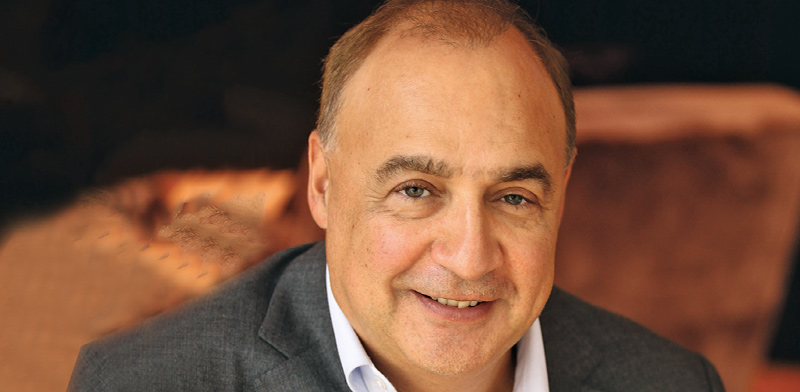
The American television group Discovery is in negotiations to buy a third of the shares in Network 13, Globes has learned. If the deal goes through, the channel will remain the current controlling shareholder Len Belvatnik and chairman of the Nadav Topolsky chain.
Discovery, which is traded on NASDAQ, owns a large number of TV channels, including Discovery, Animal Planet, TLC (Learning Channel), Travel Channel, NSG Channel, BBC America, Military Channel, Health Channel and more.
This is a company that is considered very profitable, reaching millions of households around the world with a specialization in content production in the fields of culture, lifestyle and science. Earlier this month, Discovery launched in the U.S. and a number of European countries its streaming service, Discovery Plus, which is set to compete with players like Netflix, Apple and Disney.
Discovery has been conducting a number of tests in recent weeks regarding investment in Network 13, with the intention of completing the transaction by the end of the first quarter of the year. It should be noted that this is not the first time that Discovery has examined the possibility of purchasing shares online: a few years ago, even before Endmol purchased shares in the channel, Discovery conducted an initial due diligence and in the end decided not to invest.
Recall that the constellation in the market was different then – as were the shareholders in the channel. It will also be mentioned that this is not the first time since the merger of Keshet and Channel Ten that the controlling owners of the network are negotiating with parties in the media field in the world, with the aim of bringing in another partner to the channel.
Angel and Strauss are not willing to inject money into the channel
As revealed in Globes, several months ago negotiations were held with the Greek communications group Antenna Group, but after a due diligence conducted at the accounting firm Somekh-Chaikin, the antenna decided not to execute the deal.
The search for an investor began at a time when the network lost millions of shekels and was severely damaged in the rating charts. In the past year, the network has taken a number of managerial steps that have stopped the losses – on the one hand, dramatic manpower efficiency measures that included layoffs at the news company and the network itself, while lowering content costs.
For example, episodes of expensive shows like “Survival” and “Big Brother” were cut in two and inserted throughout most of the week during prime time. As a result, the cost of the content also decreased (because any content filmed was used over a longer period of time), and the frame hours were also filled with attractive content.
However, despite the financial bleeding, in order to move forward and become a channel with a wide range of content and distribution arms also in digital – investments of tens of millions of shekels are still required, investments that most network shareholders are not willing to invest.
The network partnership is currently split between billionaire and businessman Len Belvatnik, who owns 52% of the channel’s shares; Dov Topolsky, who holds 13%; And Udi Angel, Michael Strauss and Endemol (the shareholders of the pre-merger chain), which together hold 30% of the shares.
When merging a network with Channel Ten, all the partners together with Belvatnik poured in NIS 120 million, but clarified that they do not intend to inject additional money, and that any future flow will be made against the dilution of their shares.
Later on, more than NIS 100 million in foreign money, but the possibility of diluting the partners was not possible in practice. Belvatnik is not an Israeli citizen, so he is limited in the number of shares he can hold in a communications entity. So if a new partner does come in, it will be on the share of the shareholders that cannot be diluted.
Network 13’s interest in bringing in an investor – certainly on the scale of Discovery – is clear: a strategic partner who can share the financial burden of adding distribution arms and bringing in knowledge. Less obvious is the intention of a company the size of Discovery to consider investing in a channel that is fighting for its life in a relatively small market
It is possible that Discovery refers to the network as a potential incubator or as a provider for the distribution of the streaming service if and when it arrives in the country.
The network refuses to comment on the news but clarifies that Belvatnik will remain a shareholder in the channel.